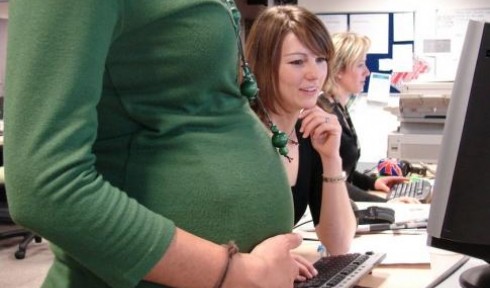The study, conducted by www.Reabur.com, was conducted following the news from Mel Stride, Conservative MP for Central Devon, who recently questioned the rules that allowed staff from companies employing 10 or fewer people to take up to 52 weeks off. 1,926 employers were subsequently polled in a bid to discover their opinions.
According to the research, the majority, 64 per cent simply didn’t expect any female employee to return to work following their allocated maternity leave, regardless of her position or role within the company.
The respondents were asked if they had a ‘return to work policy’ in place for mothers returning from maternity leave, to which two fifths said ‘Yes’. These respondents were then asked if the policy offered the employee part time working hours 76 per cent, stated that it did.
When asked ‘When a member of your staff embark on their maternity leave, do you want them to return to work following their allocated time off?’ 16 per cent answered ‘No’. These respondents were then asked to explain their decision, to which just under 40 per cent said it was because they believed that the employee would have a ‘reduced level of concentration’ once they returned to work.
Furthermore over 20 per cent of the respondents who stated that they didn’t want the employee to return after maternity leave claimed that it was because they would ‘lack enthusiasm,’ when compared to a newly hired member of staff.
According to the research, female employers were more expectant of their staff to return to work after maternity leave, composing just 18 per cent of the respondents who stated that they don’t expect their employee to return to work after maternity leave.
Kirsty Burgess, Co-Managing Director of Reabur.com, said the following on the findings: “It is interesting to see that even though an employee may say that she wants to return to work after having a baby, employers don’t necessarily believe her. Having a child needn’t change women’s career choices at all, and employers shouldn’t necessarily expect a member of staff not to return.”
“Although many women do indeed decide to take further time off, this is in no way the norm, especially with the rising cost of childcare it has become more essential for women to return to work. This is a personal decision for an individual to make, and employers need to be really careful about making assumptions- if that message gets back to the employee they could find themselves defending a discrimination claim”


